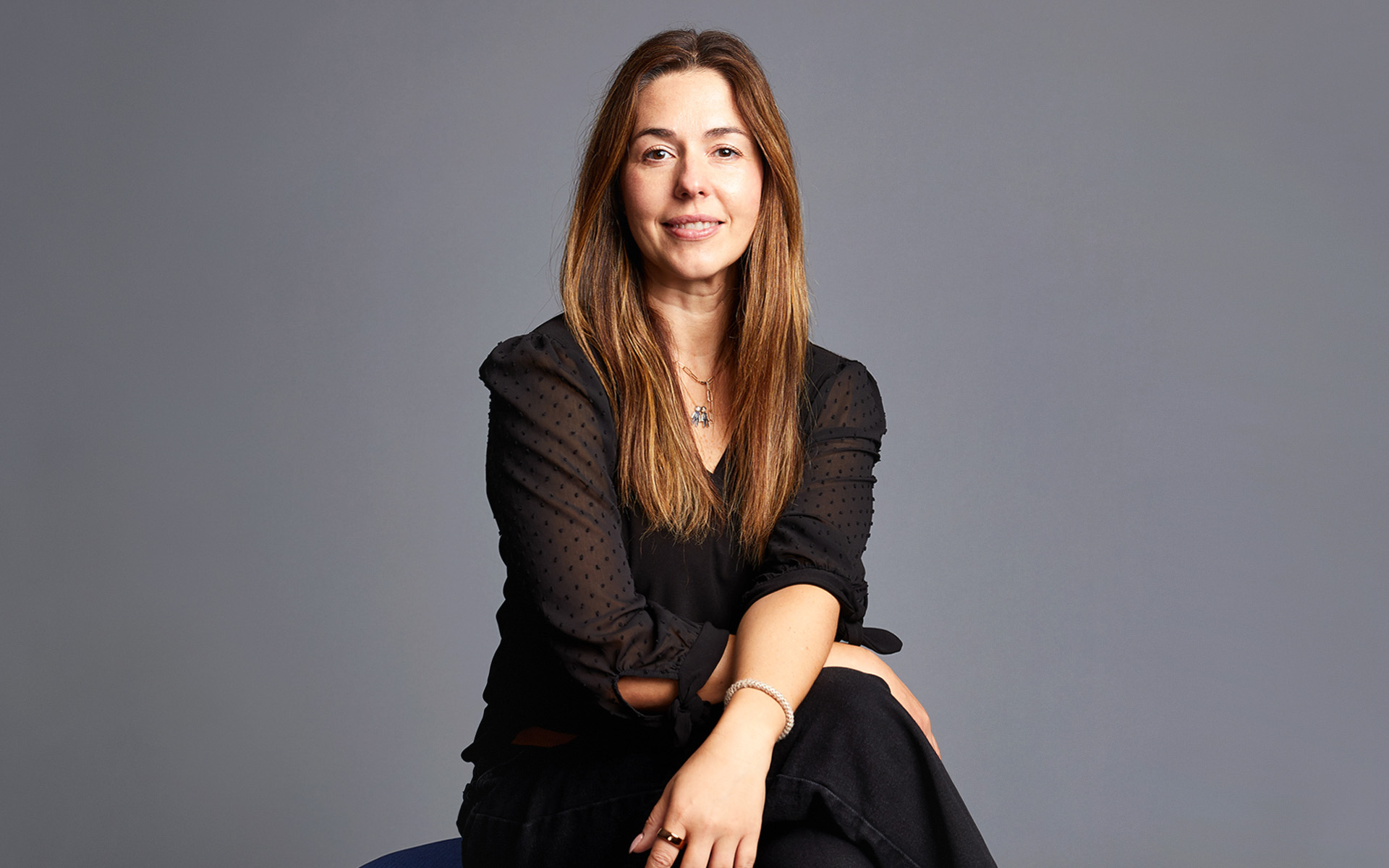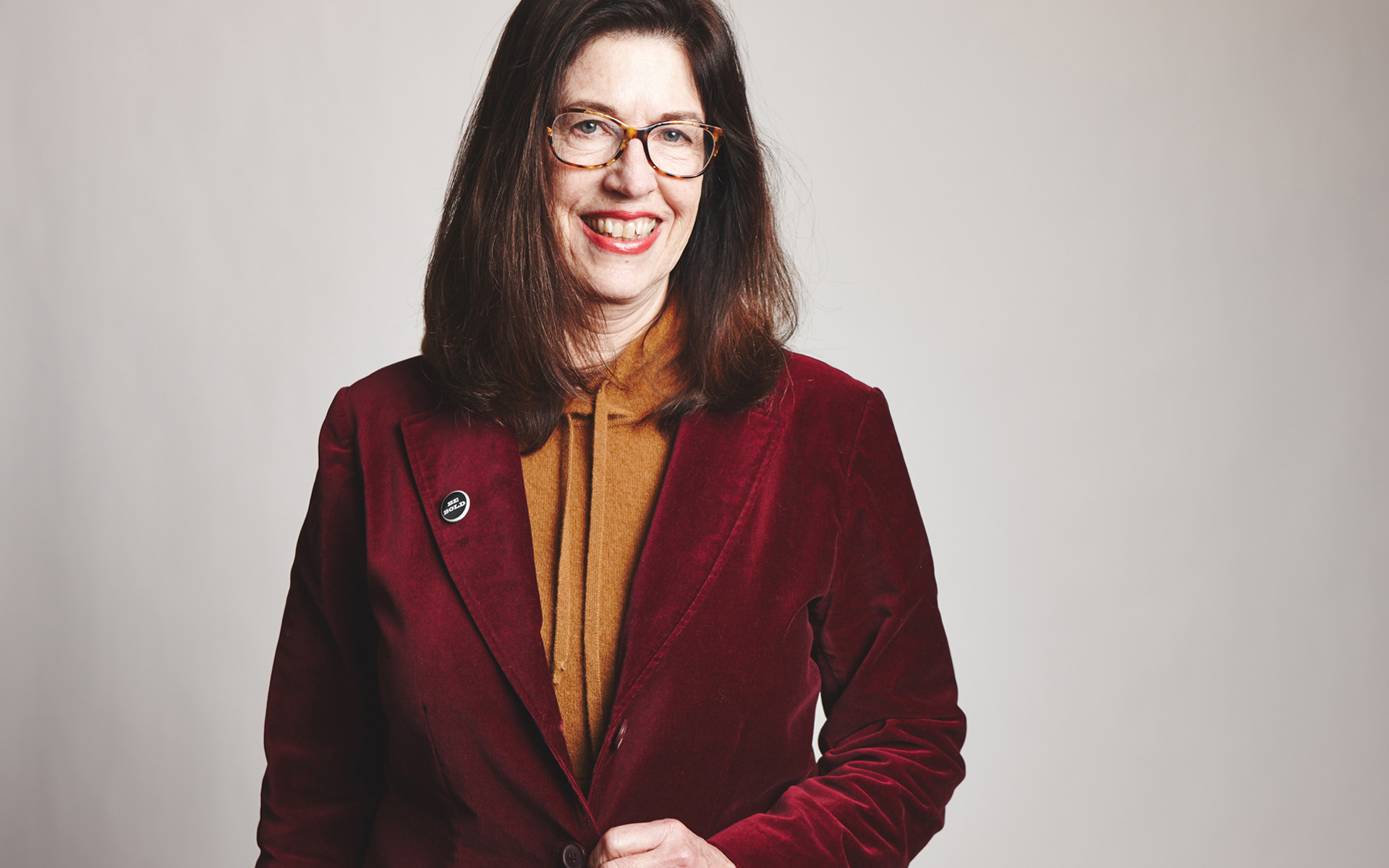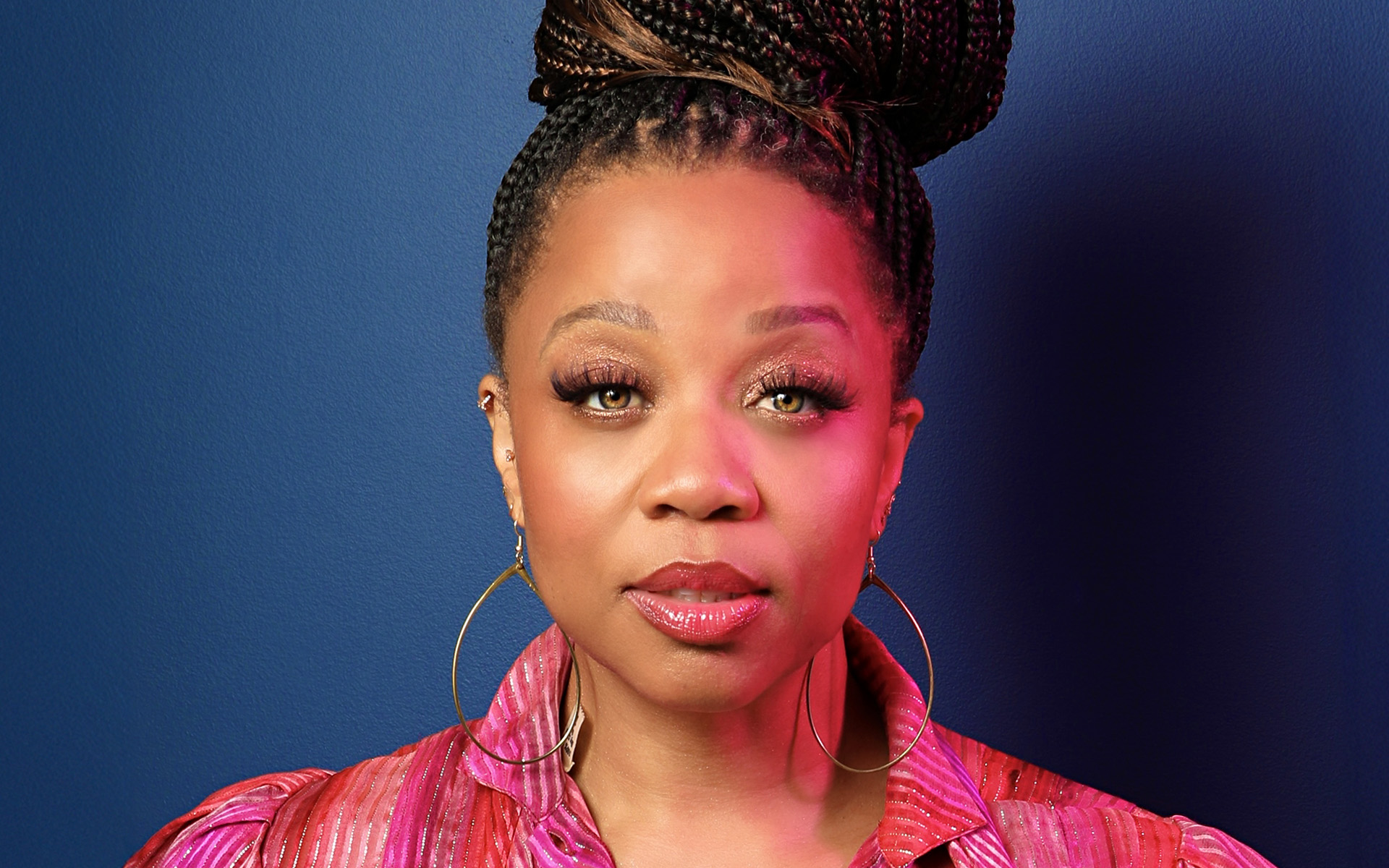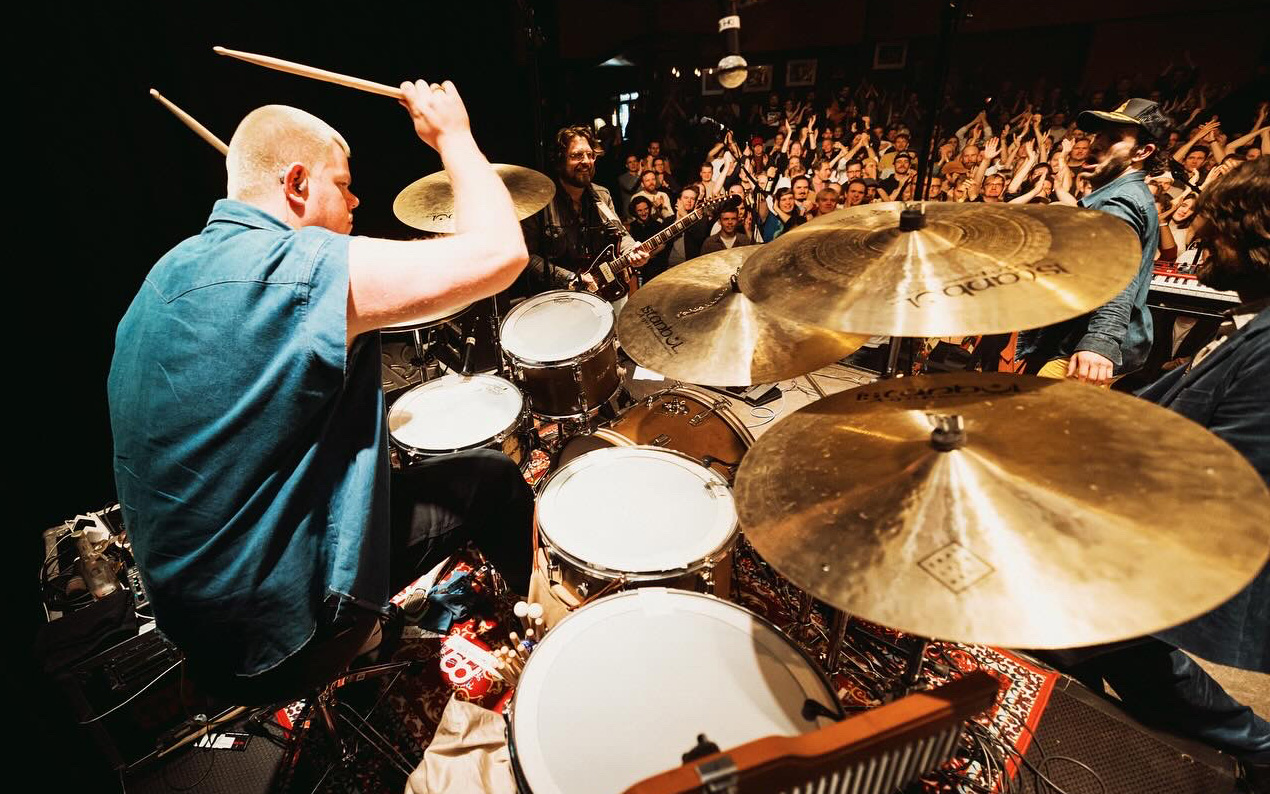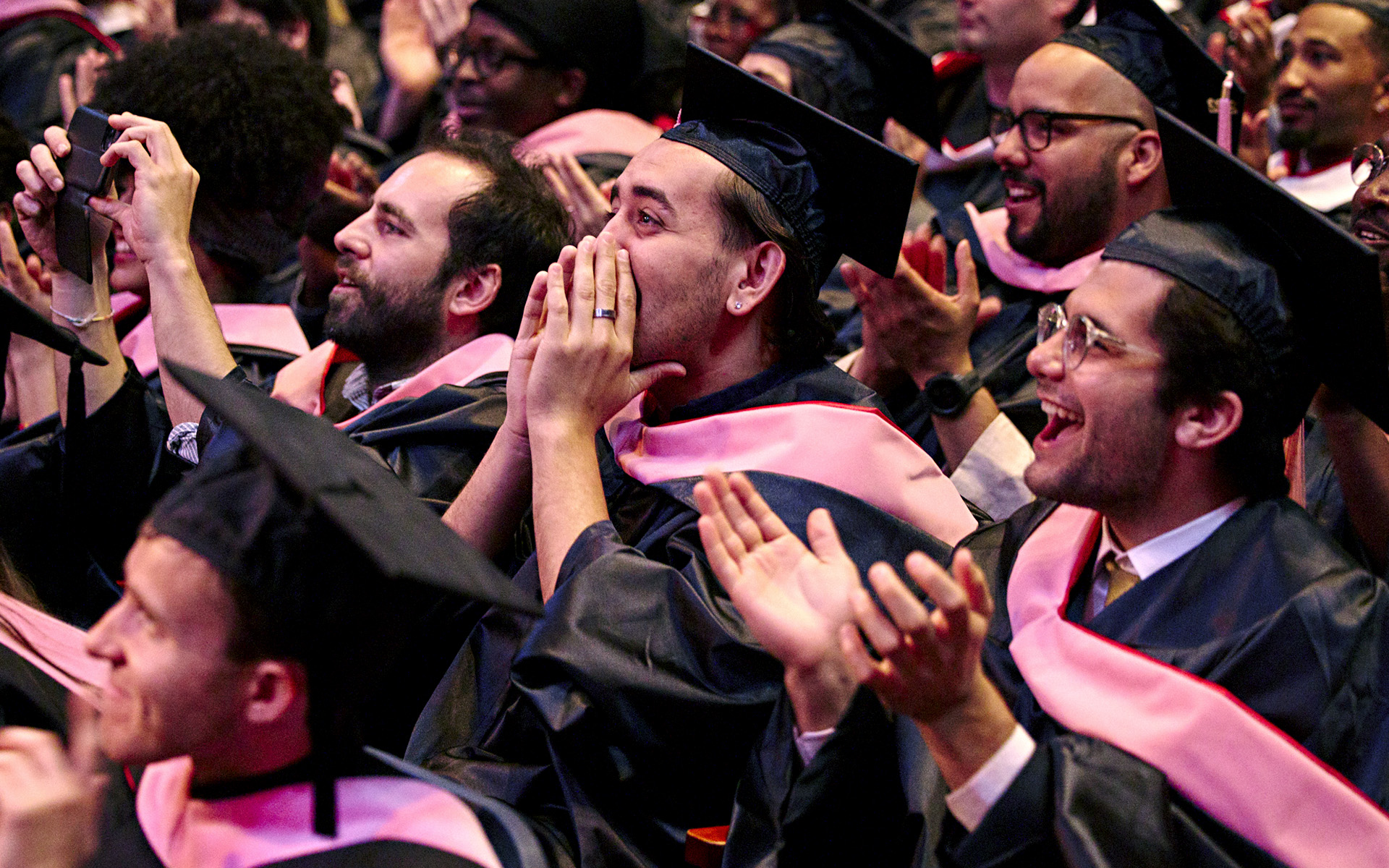In this keynote address from Berklee Onsite 2023, Susan Rogers implores music makers to think more about their listeners. She delves into the science of music listening and explores the relationship between the art, the artist, and the people experiencing that art.
The discussion, which is based off of her 2022 book with Ogi Ogas, This Is What It Sounds Like: What the Music You Love Says About You, includes many highlights of her long career as an audio engineer, and weaves it together with her experience in psychoacoustics.
SAVE THE DATE FOR BERKLEE ONSITE 2024: MAY 31-JUNE 1
She begins her talk by going into detail about the differences between writing and producing a song and listening to a song. She discusses all the reasons someone would want to write a song, and how that reason could lead to different types of songs.
TAKE A COURSE WITH SUSAN ROGERS
She says that if you want to make music because of the lifestyle that being a musician affords you, you’ll probably write about freedom from routine, hanging with friends, and sex and drugs, and living the dream. If you want to make music for your own self-expression, you’ll probably write what it’s like to be you. If you want to make music as a form of creative expression, you’ll likely write about life through your own unique filter. If you want to make music for the attention you think it will get you, you’ll probably write about why you deserve to be listened to. And if you want to make music simply for money and fame, you’ll likely write about the types of things that people write about in whatever music the most people are already listening to.
But when considering all of this, we need to consider our listeners. She shares how Prince—who she worked with during the years that were his commercial peak, and what is arguably the artistic zenith of his career—didn’t have any illusions about why he appealed to his listeners. “It’s not me they’re interested in,” he said, “It’s themselves.”
Susan Rogers is a professor at Berklee College of Music in the departments of Music Production & Engineering and Liberal Arts, and is the director of the Berklee Music Perception and Cognition Laboratory. A doctor of psychology, her research focuses on auditory memory, the perception of musical signals, and the influence of musical training on auditory development. For two decades prior to her science career, Susan was one of the world’s few women known for her work as a record producer, engineer, mixer, and audio electronics technician. Career highlights include five years (1983-1987) as staff engineer for Prince, producing hit singles for diverse artists such as Barenaked Ladies, David Byrne, Robben Ford, Jeff Black, and Rusted Root, mixing hit singles for an equally eclectic list including Tricky, Michael Penn, Toad the Wet Sprocket, and Tevin Campbell, and engineering for a host more.

